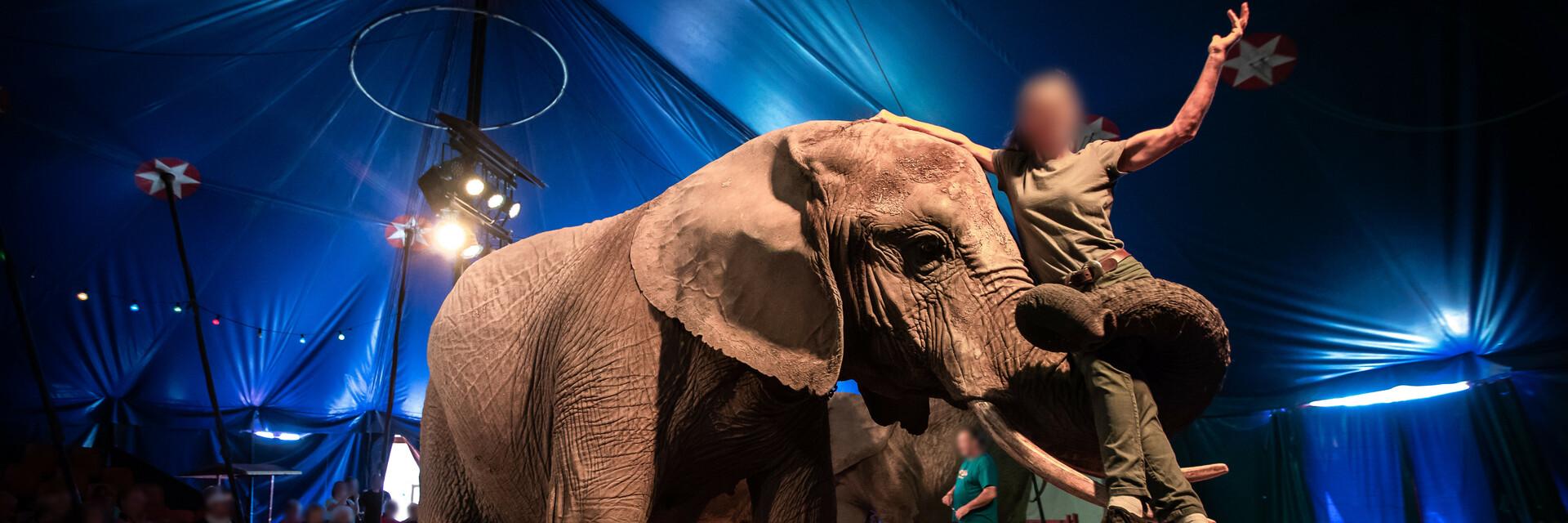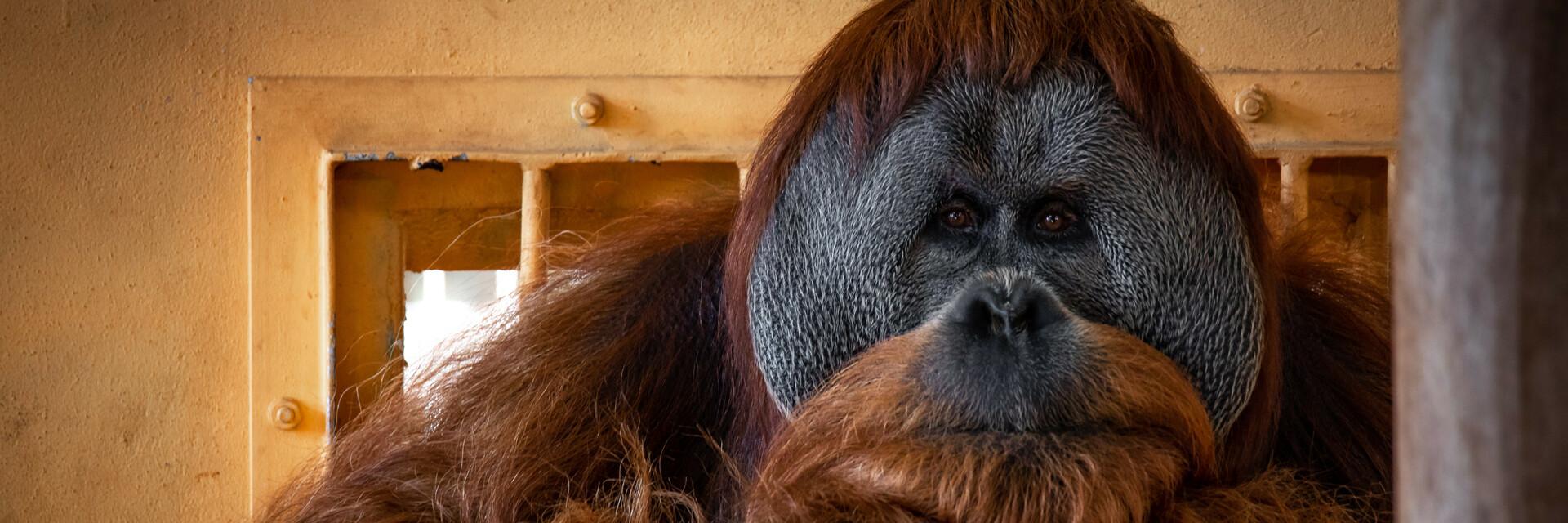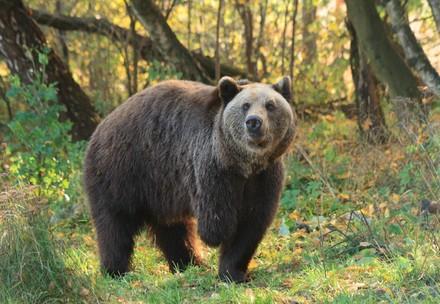From festivals, to zoos, circuses or for selfies, across Europe animals are suffering for our entertainment.
Few tourists are aware, however, that these animals have not adapted to be around humans, but are usually sedated or psychologically ‘beaten’ down to the point of submission. They go back to small cages, where they spend the rest of their lives, with no access to proper food, nature or even light.
This is their true story.
 Please be careful! If you delete this page, consider that it could be used within an other language version.
Please be careful! If you delete this page, consider that it could be used within an other language version.



















